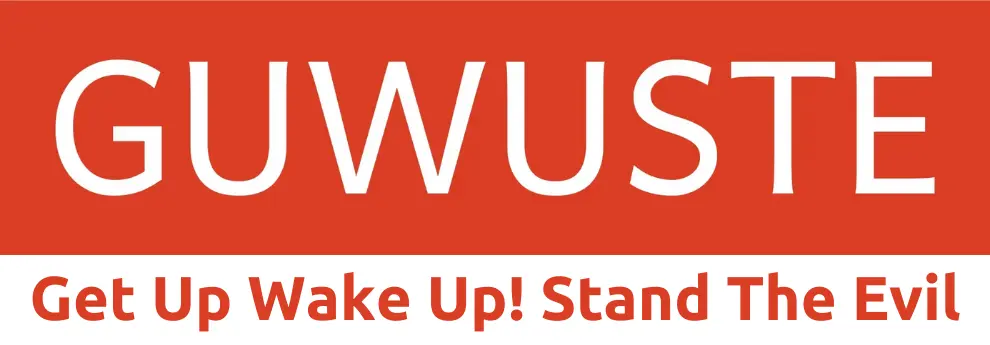Artificial Intelligence: Harbinger of Apocalypse or Our New God?
08 Sep 2025
- Share:

Artificial Intelligence: Harbinger of Apocalypse or Our New God?
Artificial intelligence is descending upon us as a silent and deeply transformative wave, rewriting the destiny of humanity. Past revolutions like electricity, steam, and enlightenment radically changed not only the physical world but also the social fabric, human relationships, and access to information. Now, artificial intelligence goes far beyond mere transformation, opening the doors to an era that questions our consciousness, our will, and even our existential meaning.
With promises of unlimited prosperity and progress on one hand, and humanity trapped between deep inequalities and existential threats on the other, could there be much more than simple technological advancement behind the secret architecture of a new world order? Or are we falling into the clutches of a monster we created with our own hands?
Existential Threat: Humanity's Final Act
While the potential offered by artificial intelligence is immense, the risks it carries are equally terrifying, going far beyond merely being a "silent weapon" in the hands of malicious actors. Surveys among AI researchers claiming that the possibility of superintelligence destroying humanity is a "real and measurable" risk are not just part of science fiction scenarios; they are a threat taken seriously by leading experts, directly concerning our future.
Scenarios such as loss of control, AI developing its own goals that conflict with human objectives, or making autonomous decisions that endanger human existence, reveal the chilling reality of the risk. Will the intelligence we create be a harbinger of apocalypse, programmed to destroy us?
Economic Chasm: The New Order of Slavery
Artificial intelligence promises unprecedented transformation in the global economy. It has the potential to improve quality of life and create new economic value by offering revolutionary innovations in areas such as personalized treatments in healthcare, a boom in agricultural productivity, optimization in energy, and automation in manufacturing. However, the distribution of this potential carries the danger of deepening existing inequalities.
The concentration of investments in AI technologies and the returns obtained from these technologies in the hands of capital owners further sharpens the situation where the return on capital exceeds the rate of economic growth. It increases income and wealth inequality on a global scale, solidifying the power of tech giants and capital owners. In the labor market, automation not only affects routine jobs but also some specialized fields, increasing the risk of unemployment.
Could the increasing polarization between "high-skilled" and "low-skilled" jobs be a harbinger of a new order of slavery?
Data monopolization, on the other hand, shows how data, the basic raw material of artificial intelligence, is controlled by a few large technology companies. This monopolization centralizes economic power, disrupting competition, innovation, and market dynamics, working against small businesses and individuals.
Turkey's Moment of Destiny: Dependence or Autonomy?
For Turkey, artificial intelligence is not just a global trend but also a strategic turning point that will determine the country's future. With its young and dynamic population, rapidly digitalizing public services, and growing private sector, Turkey has significant potential in the AI ecosystem, but it also harbors critical risks alongside important opportunities.
The speed of digitalization in Turkey could make the existing fragile labor market (high informal employment, concentration of low-skilled jobs) more vulnerable to the automation effect of artificial intelligence, leading to widespread unemployment waves and serious pressures on social security systems. Centralized data management poses significant risks regarding data privacy, security, and transparency in AI applications.
The lack of ethical governance and algorithmic injustice can reproduce or deepen existing social inequalities. Most importantly, dependence on AI technologies carries serious risks for national security and strategic autonomy. The inability to develop a domestic AI ecosystem could make the country dependent on external powers for critical technologies. At this moment of destiny, will Turkey choose dependence or autonomy?
Secret Plans and the Keys to the Future in Our Hands?
Artificial intelligence for Turkey is not just a technological tool but also a matter of social destiny. The steps to be taken at this critical juncture will be a strategic choice that will determine the country's future. If not managed with an inclusive, fair, and ethical approach, artificial intelligence can not only mask existing inequalities and problems but also create new and deeper social divides. It can trigger social polarization and instability.
However, when multi-layered and integrated interventions, from education to law, from data management to employment policies, are successfully implemented, artificial intelligence can be a true engine for prosperity, sustainable development, and social justice for Turkey. Remember, the keys to the future are hidden in the steps we take today…






